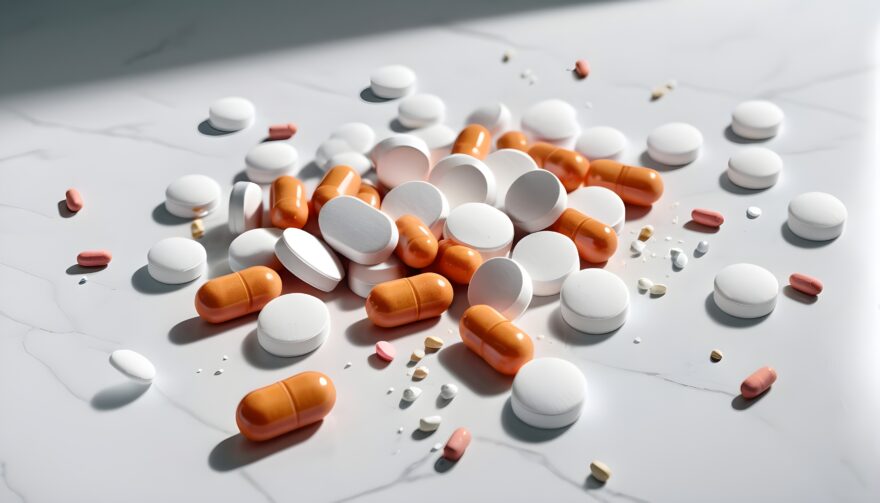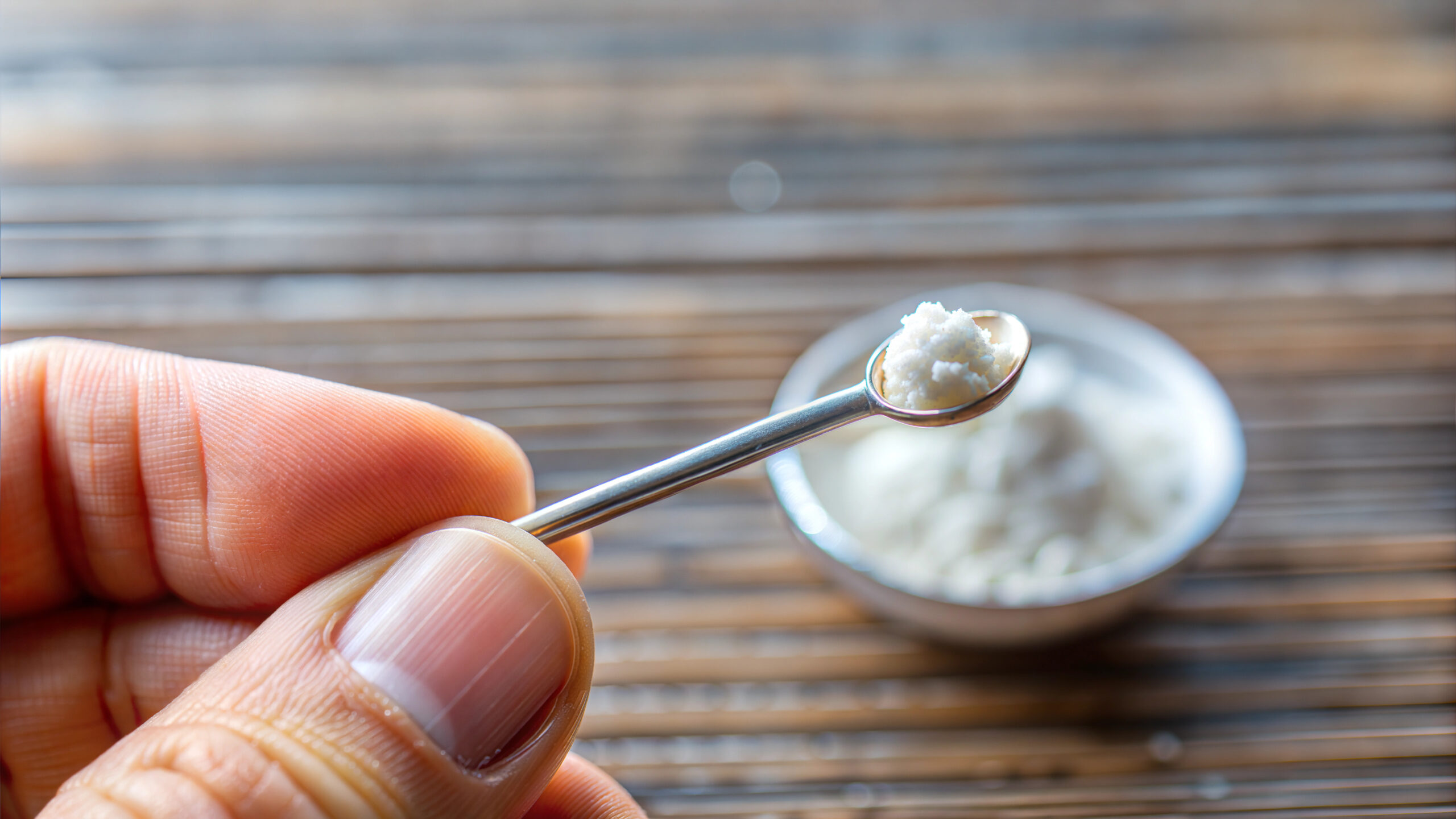Opioid addiction: Signs & symptoms of opioid abuse
Opioid addiction has become a global epidemic. This article explores the critical facts about opioid addiction and how to overcome it.

Introduction
Opioid addiction has become a global epidemic, touching countless lives and families. Whether you’re seeking to better understand this issue for yourself or to support a loved one, it’s important to know what opioids are, why they’re so addictive, and how they affect the body and mind.
At Allen Carr’s Easyway, we approach addiction with empathy and understanding, offering practical solutions that empower individuals to reclaim their freedom. Let’s explore the critical facts about opioid addiction and how to overcome it.
- What are Opiates and Opioids?
- What makes Opioids so addictive?
- How Opiates affect your health
- Physical signs of an opiate addiction
- Psychological signs of opioid addiction
- Can you recover from opioid addiction?
- Opioid withdrawal symptoms
- How to prevent opiate overdose
- Signs of an opioid overdose
- Signs of an opioid overdose
- How can I help a loved one with opioid use disorder?
- Free videos and articles
- Other useful stop drinking articles & news
What are Opiates and Opioids?
Opiates
These are natural substances derived from the opium poppy, such as morphine and codeine.
Opioids
This is the broader term encompassing both natural opiates and synthetic or semi-synthetic drugs like fentanyl, oxycodone, and heroin. They are commonly prescribed for pain relief, but their euphoric effects make them susceptible to misuse.
What makes Opioids so addictive?
Opioids trigger the release of dopamine in the brain, creating feelings of intense pleasure and relaxation.
This “high” can lead to psychological dependence as users chase the same sensation repeatedly.
Over time, the brain builds a tolerance, requiring higher doses to achieve the same effect.
This combination of physical dependency and psychological craving forms the basis of addiction.
How Opiates affect your health
Ongoing opioid use has serious consequences for your health:
-
Physical health
Chronic opioid use can lead to respiratory issues, liver damage, and weakened immunity. In severe cases, overdose can result in respiratory arrest and death.
-
Mental health
Depression, anxiety, and cognitive impairment are common among opioid users.
-
Social impact
Addiction often leads to strained relationships, job loss, and financial instability.
Physical signs of an opiate addiction
- Drowsiness or “nodding off”
- Constricted pupils
- Needle marks (if injected)
- Weight loss
- Frequent flu-like symptoms
- Slurred speech
- Chronic constipation
Psychological signs of opioid addiction
- Mood swings, anxiety, or depression
- Increased secrecy or isolation
- Obsession with obtaining and using opioids
- Loss of interest in hobbies or responsibilities
- Feeling unable to function without the drug
Can you recover from opioid addiction?
Absolutely. Millions of people have successfully overcome opioid addiction.
Addiction to drugs is mainly psychological rather than physical. At Allen Carr’s Easyway to Quit Drugs, we address addiction from a unique perspective—removing the perceived benefits of the substance.
Rather than focusing on scare tactics or willpower, our approach helps individuals understand that the “pleasure” of opioid use is an illusion. By shifting your mindset, we empower you to break free without feeling deprived or reliant on substitutes.
This approach means that we help deal with the mental aspect of addiction which is the main cause for most peoples of the comedown and by dealing with that the withdrawal is not as bad as you might fear.
Key elements of our approach:
-
Removing fear
Addiction thrives on the fear of giving up. We dissolve this fear, making the process easy and enjoyable.
-
Empowerment
You’ll discover freedom from opioids without feeling the need to “fight” cravings.
-
Understanding
We help you see opioids for what it really is—a trap—and guide you to a life free from its grip.
For anyone struggling with drug addiction, reaching out for help is the first step to freedom. With the right tools, overcoming addiction doesn’t have to be a struggle—it can be a liberation.
Opioid withdrawal symptoms
Many believe that drug withdrawal is difficult and unpleasant, and this belief would create a tremendous fear of quitting drugs for anyone, but withdrawal is not as bad as people fear.
The reality is that drug users go into withdrawal whenever they finish taking their drug. It is an illusion that there is physical withdrawal pain from the drug itself. We are never badly addicted to the chemical itself.
Perhaps you feel that you have to suffer a few days of withdrawal to get free.
The fact is that the really unpleasant aspects of withdrawal are not caused by the drug itself but because the person taking it believes the drug is a crutch and a pleasure that they must resist for the rest of their lives.
All this creates an awful tug-of-war in their mind: on the one hand they want to take the drug, while on the other they know that if they do use it will destroy them.
We don’t dispute that mental stress can create powerful physical symptoms – sweating and shaking, just as a child that has been deprived of its toy will exhibit similar pronounced physical symptoms that in themselves have no real physical cause.
The cause is mental: the child is focussing on what it can’t have, to the exclusion of everything else.
Of course, if the parent gives in to the child and lets it have its toy, those symptoms will disappear in an instant.
And if the person gives in to their craving, the sweats and the shakes start to subside with the first hit. In fact you don’t even have to wait for the first puff, snort, or injection: the discomfort starts to subside while you prepare to take the drug! They don’t disappear when the person takes it; they disappear when they decide to take it.
It’s the addict’s mind that craves the drug, not their body. The belief that the drug provides some kind of pleasure or crutch is an illusion.
Read more about drug withdrawal
When stopping opioids, physical withdrawal symptoms can include the following but remember addiction is 99% mental and dealing with that will make withdrawal make less than you may fear:
- Muscle aches and cramping
- Sweating
- Nausea, vomiting, or diarrhoea
- Insomnia
- Anxiety and irritability
- Intense cravings
With guidance and support, these symptoms can be managed effectively.
How to prevent opiate overdose
- Use opioids only as prescribed.
- Avoid combining opioids with alcohol or other drugs.
- Ensure access to naloxone (Narcan), a life-saving medication that reverses opioid overdose.
- Educate yourself and others about safe use and potential risks.
Signs of an opioid overdose
An overdose is a medical emergency. Look for:
- Slow or shallow breathing
- Blue lips or fingertips
- Unresponsiveness
- Pinpoint pupils
- Gurgling or choking sounds
If you suspect an overdose, call emergency services immediately and administer naloxone if available.
How to tell if someone you love is addicted to opioids
Look for changes in their behaviour, appearance, and habits:
- Increased secrecy or dishonesty
- Physical signs like drowsiness or weight loss
- Missing prescriptions or unexplained financial problems
- Neglecting responsibilities or relationships
How can I help a loved one with opioid use disorder?
-
Educate yourself
Understanding addiction removes stigma and fosters compassion.
-
Open communication
Approach the conversation with empathy, not judgment.
-
Encourage professional help
Guide them toward seeking help. Allen Carr’s Easyway to Quit Drugs are here to help.
-
Be supportive, not enabling
Offer emotional support but avoid behaviours that enable addiction.
-
Take care of yourself
This is really important. Supporting someone with addiction can be emotionally taxing. Prioritize your own mental health.
Final Thoughts
Opioid addiction can appear to be a formidable challenge. Whether you’re struggling with addiction or helping a loved one, understanding the signs, symptoms, and recovery options is the first step toward healing.
At Allen Carr’s Easyway to Quit Drugs, we believe in empowering individuals to break free from addiction without fear or guilt.
Freedom is closer than you think..




